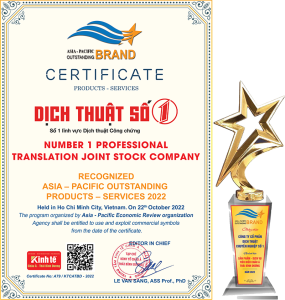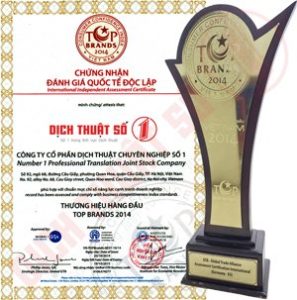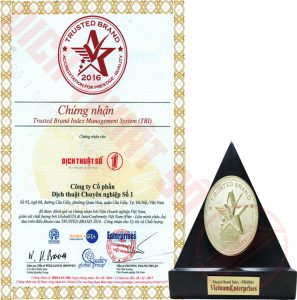Effective advertising achieves its purpose by grabbing people’s attention. By using slogans that trigger something in the mind of the person who reads or hears it. A catchy phrase or a vivid picture will make the customer remember something related to the product. And that’s how advertising helps the product stay vividly in the mind of the potential customer. That’s how advertising works and why it’s a billion dollar industry.

Marketing a product in another country often requires local translation of the advertising text. If it is a multilingual country, the translation will usually be in the official languages. In China, for example, there are over 50 local languages. But the official language is Mandarin and this is what is used when people from different regions communicate with each other. That is how the advertising translator chooses the target language.
Unfortunately, not all slogans and one-liners are translated accurately or culturally appropriate. When this happens, it doesn’t just affect the message being conveyed. It’s not uncommon, but it’s possible for the ad to become an object of ridicule and, in the worst case, offend certain cultural sensibilities. A company’s good reputation can be lost forever.
Translate text in accordance with cultural context
Translation is not just about defining the target language. When translating any text, it is important to consider that language and culture are intimately intertwined. There are those who argue that keeping concepts and proper names will cause problems and confuse the audience. In these cases, the most effective approach is to emphasize the message, not the culture. Some linguists agree that cultural differences can present a more complex challenge for translators than innate differences in language structure. But that does not mean that a better way is an easier way.
Avoid getting stuck in the (quagmire of) translation
Culture is very important and this is why international communication should consider cultural incompatibility. It is also why translators must keep cultural practices in mind when translating even a slogan of just a few words. Translation errors can cause a lot of damage to a company or the trust of a client. Although some may not agree, language should be considered as part of culture. Therefore, translation must be understood in a cultural context.
World of difference
The world we live in has a finite set of physical dimensions (the ones we are least aware of) but the diversity of cultures that have thrived on this planet is worth exploring. The many ways in which different cultures look at a particular thing is evidence of the differences when it comes to language and culture.
Take the Zuni Native Americans for example, who speak a language that has remained intact for 7,000 years and has no relationship to any other language. They only have one word for both orange and yellow. That doesn’t mean they are limited, their culture is rich and they have held their territory for 3,000 years. That doesn’t mean they don’t see a clear difference between the two colors. The difference is irrelevant to their lives.
The impact of mistranslation on communication
Attention to detail is very important in business transactions, especially when it happens in another country and involves another culture. Translation errors are common and they can be funny but when it comes to business transactions, it means you are trying half-heartedly. Google has come up with an interesting number of humorous anecdotes related to the search term “lost in translation”. But they are only funny when they happen to someone else. If it is your career and reputation, it is no longer funny.
When working in Japan, for example, foreigners often get confused when they see a nod and hear the word “hai” even when there is disagreement at the negotiating table. A lot of trouble can be avoided if only the people on the other side of the negotiating table understand that “hai” is equivalent to “I am listening” or “I understand” and not necessarily “I agree” as many foreigners assume.
Translation mistakes are bad for the product. When the wrong word is used, which often happens when a specialized term is involved and the only translation aid is a general dictionary. It gets more complicated when the languages involved have a number of regional variations and dialects. In the world we live in, variation is the norm.
Deviation
A restaurant menu in a Swiss canton reads “Our wines leave you nothing to hope for.” A cocktail lounge in Norway says “Ladies are requested not to have children in the bar.” A diet pill called “Tegro” is not sold in France because it sounds like the French saying “You are fat.”
These and many more are just a few reasons why literal translation is always not enough and in some cases even literal translation fails to convey emotions and sentiments.
By now you have understood the importance of translation in foreign advertising campaigns, which is a vital factor that helps you easily attack a new potential market. At Digital Translation Company 1 We have translators with many years of experience, fluent in the cultures of countries around the world, will help you have perfect and fast translations.








